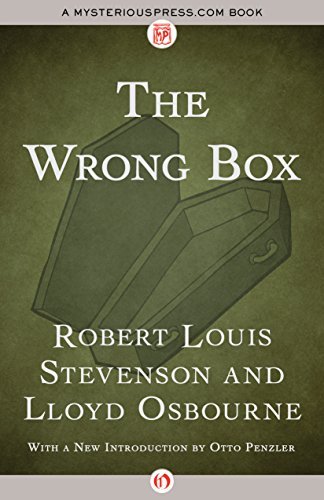What do you think?
Rate this book


97 pages, Kindle Edition
First published January 1, 1889
'It seems very wild,' said Pitman. 'And what will become of the poor young gentleman whom you know by sight?'
'It will do him good,'—said Michael cheerily. 'Just what he wants to steady him.'
'But, my dear sir, he might be involved in a charge of—a charge of murder,' gulped the artist.
'Well, he'll be just where we are,' returned the lawyer. 'He's innocent, you see. What hangs people, my dear Pitman, is the unfortunate circumstance of guilt.'